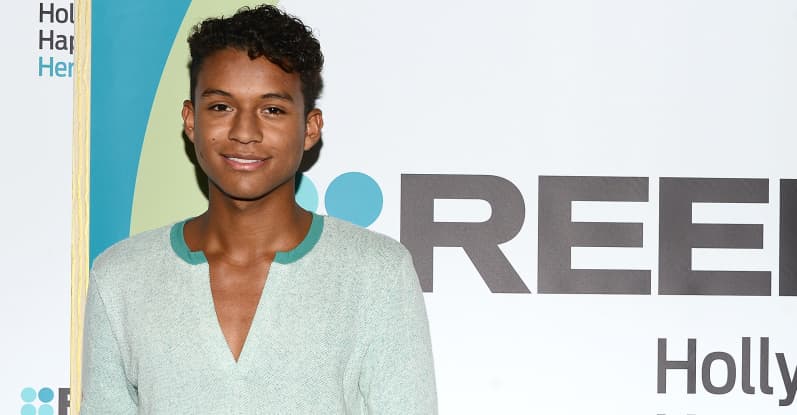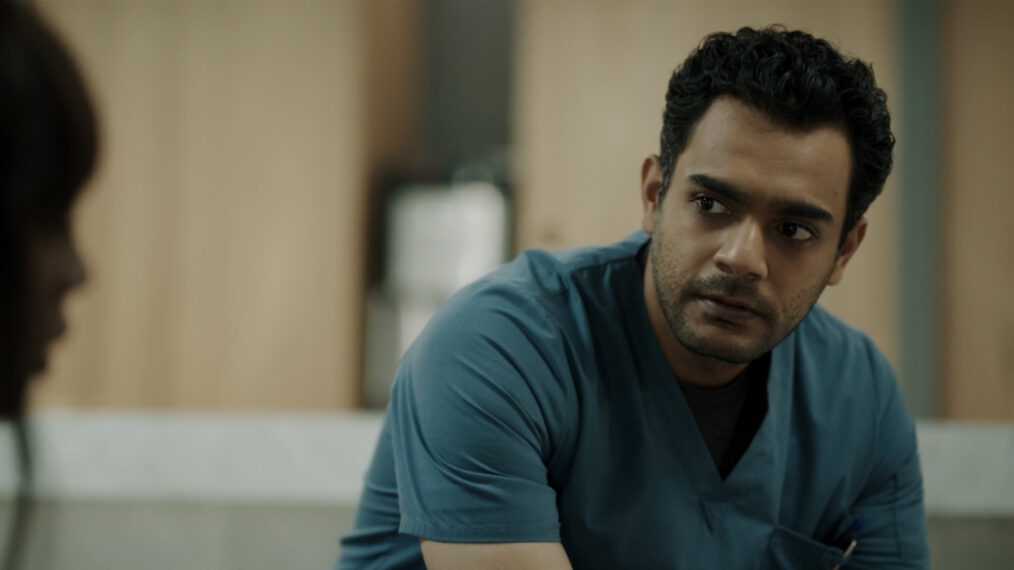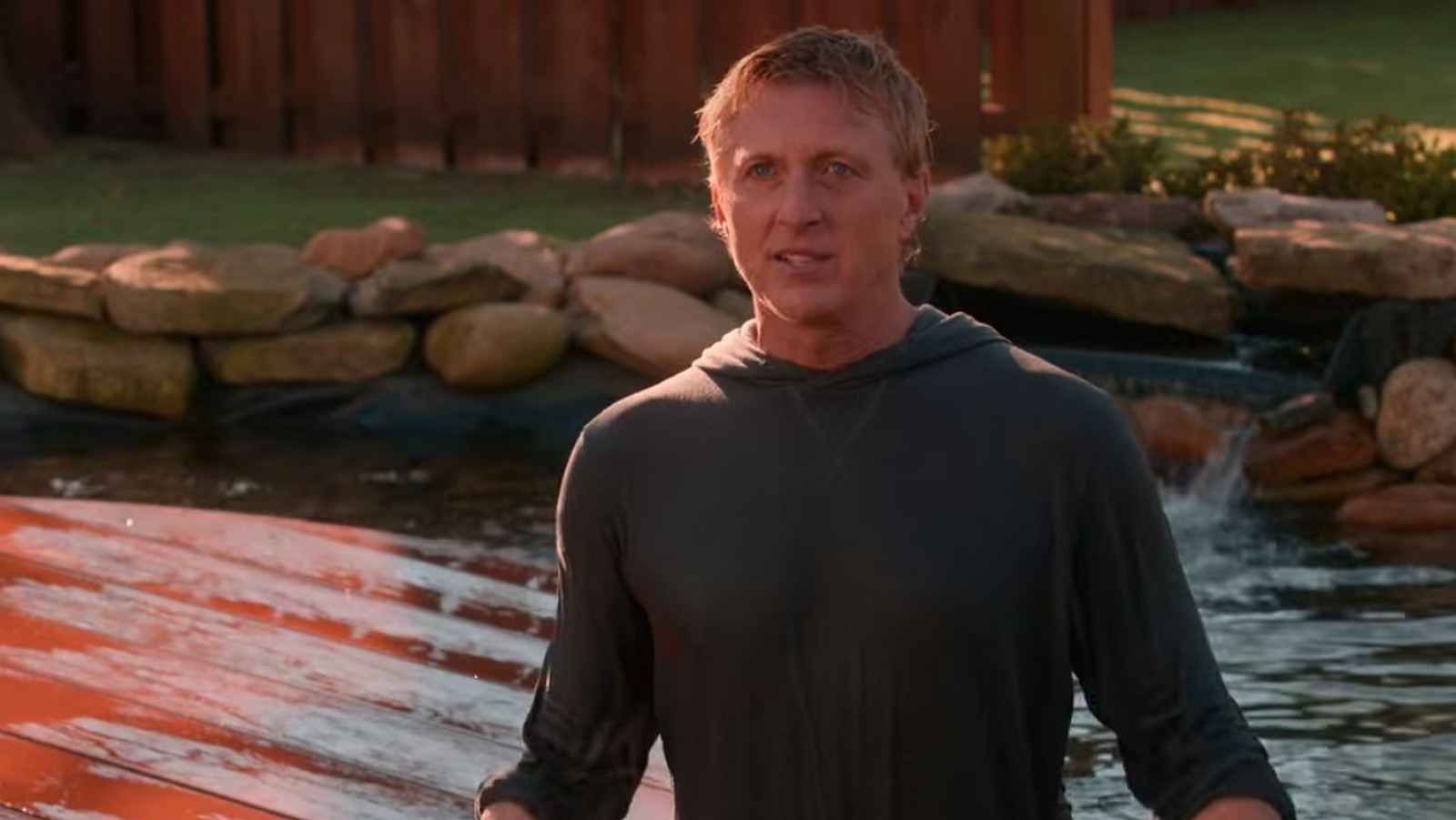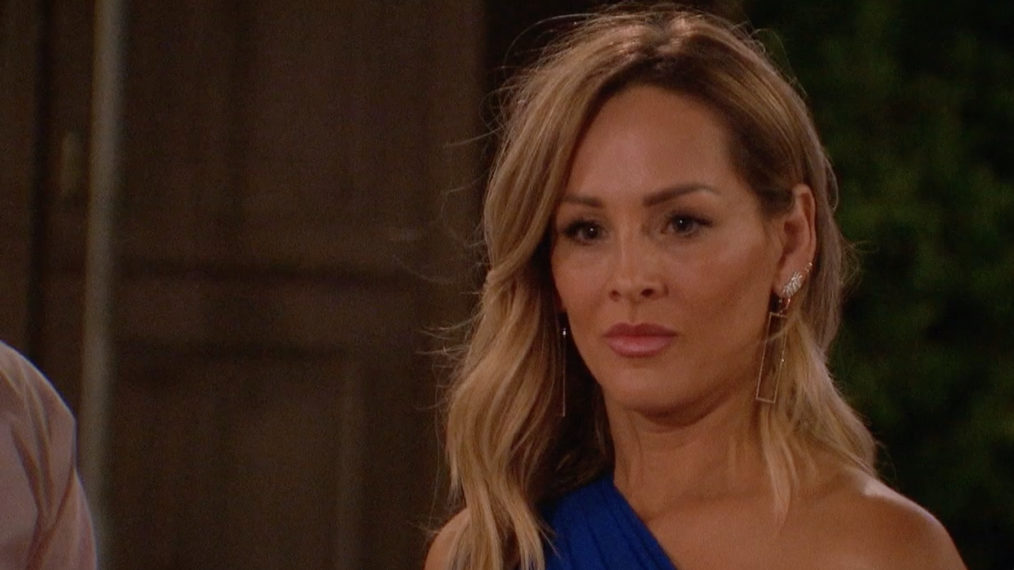#Coming Back and What to Expect Next – /Film

“#Coming Back and What to Expect Next – /Film”

When Justin Lin was directing 2013’s Fast & Furious 6, the idea of bringing the action series to an end was a pipe dream. Lin was preparing to exit the Fast and Furious franchise, moving on to direct a Star Trek film and episodes of prestige TV like True Detective, and the concept of bringing the Fast and Furious movies to a satisfying close was something better suited to casual chatter with star Vin Diesel, not something that was actually on the table. Cut to nine years later, and Lin is preparing to bring the first part of Fast and Furious‘s closing trilogy to theaters. But the movie has been long in the works, with the story stemming back to those conversations that Lin had with Diesel and Paul Walker, before the latter’s death in 2013.
“Vin [Diesel] would come in and talk and Paul [Walker] was actually part of that conversation,” Lin told me in an interview ahead of the U.S. theatrical debut of F9. “And I’ve always thought it was just an exercise, I was thinking, ‘We’re never going to realize it.’ And then when I came back for this, Vin said, ‘Well, now that I got you back, you’re not leaving. We’re gonna finish this thing together.’”
In our interview, Lin talks about the idea that inspired him to return to direct F9, which he co-writes with Daniel Casey, being bullied into sticking around by Diesel, Justice for Han, and the scrapped practical stunt that he regrets not using his own money to pay for.

This is the first film in the Fast and Furious series that you’ve directed since Fast & Furious 6 in 2013. What was it that brought you back to the franchise?
For me, the idea of further exploring this theme of family but through blood was very exciting. And I think I knew that if we were going to do that, there was an opportunity to really kind of also explore the origin of this whole mythology. So that’s that was what kind of set me off on on this whole journey for F9.
So this is also the first Fast and Furious movie that you’ve directed without Chris Morgan penning the screenplay. What was it like co-writing the script for F9?
The process has been very similar. You know, when you make these movies, when it comes to like crafting it, it’s an all immersive experience. I think that if anything…we had kind of gotten used to working where it’s like — we joke about [that this is the biggest independent film ever made. It’s not like the writers go away for eight weeks and come back, we’re continuously designing the writing, the action, everything, all the language that I know having experienced doing other mediums. I realize how unique this is, I mean I went to film school and I was taught you don’t start shooting a film until your script is 100%. Here it’s like we’re constantly evolving, and pushing, and challenging, and it’s something that we developed in the last 15 years. So I think, if anything, coming back I felt more support, in that we’ve all kind of evolved and grown.
Speaking of evolving and planning ahead, you said that at F9 will be the first in a trilogy that will end the franchise. Do you also plan to co-write the last two films of the Fast and Furious franchise too? And what can we expect from those?
The process has always been the same, that the credit is something that gets dished out later. But I think maybe coming from the indie world or from Tokyo Drift on, it’s always been like heads down, let’s write, let’s keep going, let’s go. So I definitely am a part of the development of it.
I have to say, I think the the final chapter, we started [about] talking way back. I don’t know the exact time but I think it’s probably like 9 years ago. Vin [Diesel] would come in and talk and Paul [Walker] was actually part of that conversation. And I’ve always thought it was just an exercise, I was thinking, “We’re never going to realize it.” And then when I came back for this, Vin said, “Well, now that I got you back, you’re not leaving. We’re gonna finish this thing together.” [Laughs] It was actually really great to hear and to know that a lot of these things we’ve been talking about, and also having the runway going into F9. In the past, it was always, “Can we earn another chapter and if we do, what are we going to do?” And so that’s been the mentality [for previous Fast and Furious films], but we’re coming in [to F9] thinking, “Hopefully [after] 20 years…we’ve earned our right to be able to look back and solidify some of the mythology, but at the same time embrace and be a little self aware of where we’ve been.” And also hopefully setting everything up, introducing new characters, bring other characters back, so that we can now all point to the right direction for this final chapter we’ve been talking about for a bit.

Let’s talk about “Justice for Han” and bringing Han back. You had stepped away from the franchise when Han’s supposed of death by Deckard Shaw’s hands played out in Furious 7. How did you initially feel about that retroactive change to a character that you had created?
When I left [the Fast and Furious franchise], I felt like it was time. That I came in with Han and I was going to leave with Han, so there was never any intention of bringing him back. And we were having a — I think it was 15th anniversary Better Luck Tomorrow screening at the Egyptian — and that was the first time, during the Q&A, someone brought up “Justice for Han.” I was like, “What’s Justice for Han?” And when I found out I was baffled, but I think if anything, I maybe was a little hurt. I think that he was such a beloved character, the way he was treated it was almost like he was just dismissed. And I really appreciated that [social media uproar].
So I think the idea of bringing him back, to me, is not justice. I feel like how we treat this character going forward, to me, that’s justice. And I give the fans 100% credit, because I came back not for that reason, I came back for the exploration through Jakob, but now looking back I kind of feel fortunate, because of everything that’s happened, I now get the gift of getting to work with Han and creating hopefully a lot more journey for him to explore.
So if that social media uproar for Justice for Han hadn’t happened, then you wouldn’t have even considered bringing Han back in?
No. It’s funny because people are like, “Oh, you like bringing dead people back!” I don’t wake up wanting to bring dead people back! But I have to say, that was one that that I actually felt really proud. Because when we started, we were at a very different place. And the fact that people cared enough to voice it, and it became this thing. It made me feel like this character that I’ve been with for all these years meant something to others. I’d never done anything like it, and it is very special. I am glad, if anything, it’s for Han.
Yeah, and he was, I know for me, one of the only significant Asian characters in movies for a long time. And there’s only been recently that kind of uptick in Asian representation in film so I think that led into the love for Han and people wanting to bring him back. How did that feel to bring him back in a landscape where there’s just so many more Asian characters now, and Han is just one in a dozen?
I honestly, I wake up in the morning, and feel like, “Man, I’m, I’m still so happy I get to make movies for a living.” And the fact that I still have that feeling, and then I get together with Sung [Kang], and he has the same feeling. But then we’re like, no, it’s been 20 years we’re like the old guys now, we’re like another generation. So having that perspective, and actually having someone that’s been there from the beginning actually means so much.
Because I remember when we started off in Tokyo Drift…I was bringing up, “Why don’t we do colorblind casting?” or “Every role, let’s find whoever’s the most talented and let’s have it out?” and the studio was like, “Okay, well we don’t do that, but let’s do it.” And that was great. And I remember… the Asian-American characters coming in, they couldn’t get off book. And I remember I pulled one aside and I said, “Hey this is a lead of a [major movie],” and they’re like, “Well I’m just used to one-liners, you know?” And I realize this is something that I can share with our community. But now, when I go into auditions, Asian-American actors come in and they feel like, “This is my role,” and that kind of attitude was not present in my generation as much. And so it’s really great at least be witness to some change. I mean there’s still a ton of work to do, but I think that having these opportunities to be able to hopefully work with just talented people, I think we all benefit as film viewers.

So you emphasize the use of practical effects in F9 but was there ever a stunt that you hit a wall with, and you thought, “We can’t pull this off practically”?
Yeah, you just struck a chord in me. [Laughs] I was on this train ride to Edinburgh for a scout and I had a plan to take a Fiero to the outer atmosphere on a weather balloon. And the cost kept coming in, I kept fighting it. And if I’m looking back now, that is the one that is the one setup that I would have personally paid for the weather balloon. I just always love starting any crazy idea with truly doing it ourselves. Ultimately we had a lot of reference to work off of, but if you’re asking me personally, that that was one that I was adamant [about]. But the budget — I think even on big budgets — I felt like we found the limit of what we can do [Laughs].
Speaking of taking things to the skies, how do you top the rocket car after this?
It’s interesting, I don’t know if I think of it strategically as, “We have to top [this].” I think this one was special because when I was sitting down and talking to Vin, it became very clear to us that it was 20 years for him, 15 years for me, and it’s become kind of a generational franchise. And so we felt like if we were going to do anything kind of crazy and really push ourselves, maybe on this chapter we’ve earned a little bit of that. And so we’re trying really hard to make sure that we didn’t do it just to do something crazy, but to hopefully earn it. And I felt like this kind of existential crisis that Roman was going on, I felt like it was a potentially good match.
But I think as a role for me with this franchise, we made a commitment all the way back in ’05 that we’re going to go where the characters take us. We’re gonna acknowledge the fact that they evolved, that they age, and they’re gonna have problems, and issues, and obstacles, but also additions. Them coming together, having kids, starting a family, to be able to do that in a big action franchise, I think is very unique. And to be able to hopefully truly embrace that, it allowed us to keep pushing also in our explorations of – I don’t wanna say genres — but to kind of defy the label that was always put on us from the beginning, and just to see where we can go what we can grow to. And again, being away and coming back, there’s certain things I now appreciate so much more. Talking to the fans, they talk about these characters as if they’re part of their family. So I think that’s something I want to make sure that, as we move forward, that’s what’s driving us, not this competitive spirit of trying to always top ourselves just on scale.
This interview has been edited and condensed for clarity.
***
F9 opens in U.S. theaters on June 25, 2021.
Cool Posts From Around the Web:
If you liked the article, do not forget to share it with your friends. Follow us on Google News too, click on the star and choose us from your favorites.
For forums sites go to Forum.BuradaBiliyorum.Com
If you want to read more Like this articles, you can visit our Social Media category.




